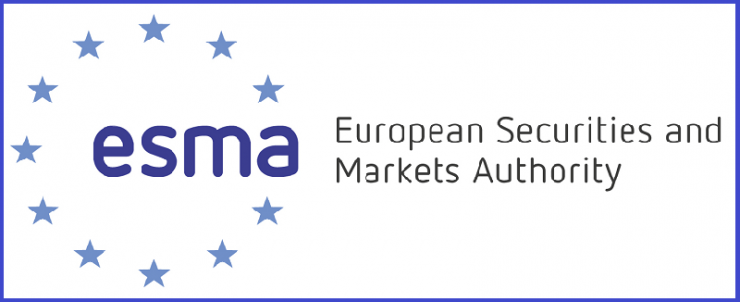
MiFID II: Is your firm a systematic internalizer? (Calculations delayed)
With the initiation of MIFID I trade reporting of equities in the EU in 2007, it created a new status of companies called ‘Systematic Internalizers’ (SI). An SI is a firm that deals on its own account and fills client orders of equity orders from their own inventory of shares.
As these internalizers of client flow keep trades in-house and don’t let them reach regulated exchanges or organized trading venues for execution, MiFID I put in place regulation that would require SIs to publish statistics related to volumes and prices made available. The information was aimed at providing greater transparency of executed trade completed in-house.
MiFID II widens to derivatives
With the advent of MiFID II that is set to go into effect on January 2018, the systematic internalizer designation will now apply to derivative trades made by financial firms dealing in their own accounts and filling customers from their own books of inventory.
[HAVE MIFID/MIFID II/EMIR TRADE REPORTING QUESTIONS? CAPPITECH HAS ANSWERS. LET US KNOW HOW WE CAN HELP]
However, this doesn’t mean that every broker or bank with a market making unit will be designated as a SI and required to provide additional volume and execution reports. Like MiFID I, with MiFID II, the SI designation is limited to internalizers that control a substantial portion of an underlying traded instrument.
Systematic internalizer calculations
To be considered a SI, for MiFID II, ESMA created minimum thresholds of transactions. The calculation is based on dividing a firm’s transactions that are executed against their own inventory compared to overall trading of that instrument in the EU.
For over the counter (OTC) derivative trades, the SI threshold is;
a) When transactions of an OTC instrument on an own account is 2.5% or greater than overall transactions of the financial instrument in the EU over a six-month period
b) Transactions on own account of the OTC instrument occur at least once a week during the six-month period.
(As a reference, for Equity trades under MiFID I, the threshold is 0.4%, and there are currently own nine firms that are pass this minimum amount and are designated as SIs. These firms include major banks and market makers such as Citigroup, Knight Capital, UBS, SocGen and Goldman Sachs.)
Data for total turnover?
So, if your firm is planning on dominating a certain OTC derivative trading instrument, will they become a systematic internalizer?
To make the threshold calculation from above, firms will need market data of overall EU turnover of OTC instruments. For this, ESMA will be collecting volume data and publishing the overall market trading information every three months.
First calculations delayed
Explaining when the overall market data will first be made available, ESMA provided an answer in their most recent Q&A paper on MiFID II and MiFIR transparency topics.
According to ESMA, the first publication of market data statistics for SI calculations will be August 1st 2018. The data will cover the January to June 2018 six-month period. Firms will then have until September 1st 2018 to conduct their calculations and begin to comply with SI obligations if they clear the thresholds.
The result of the Q&A from is that despite MiFID II going into effect on January 2018, the SI trade reporting obligation is being delayed for six months before its first implementation.
Subsequent to the August publication of data, ESMA plans to release new information every three months, on February, May, August and November of each year.





